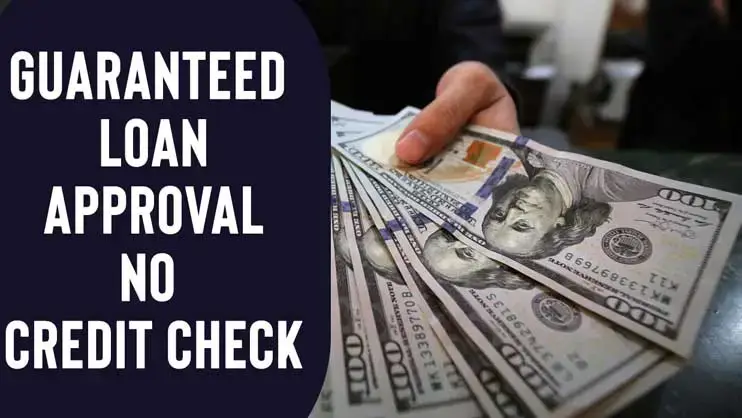No Credit Check Loans Guaranteed Approval Online Direct

The allure of quick cash, particularly for those struggling with poor credit, has fueled a surge in online lenders offering "no credit check loans guaranteed approval." These promises, often plastered across the internet, present a seemingly simple solution to immediate financial needs.
However, the reality is far more complex and potentially dangerous, raising serious concerns about predatory lending practices, exorbitant interest rates, and the long-term financial consequences for vulnerable borrowers.
Understanding the "No Credit Check" Promise
The core appeal of these loans lies in their accessibility. They target individuals who may have been denied traditional loans due to low credit scores or limited credit history, offering a perceived lifeline in times of financial distress.
The term "no credit check" is often a misnomer. While lenders may not perform a hard credit inquiry (which can further lower a credit score), they typically utilize alternative methods to assess a borrower's ability to repay.
This may involve verifying income, checking bank account information, or reviewing other financial data. Essentially, they assess risk through different, often less regulated, means.
The Nut Graf: Dissecting the Risks
While these loans offer immediate relief, they come with substantial risks. High interest rates, often exceeding state usury laws through loopholes and tribal lending affiliations, are a primary concern.
Short repayment periods, coupled with these high rates, can trap borrowers in a cycle of debt. Hidden fees and penalties, often buried in the fine print, can further exacerbate the financial burden.
The promise of "guaranteed approval" should also raise red flags. Legitimate lenders typically conduct some form of risk assessment, and a guarantee is a strong indicator of potential predatory practices.
The Reality of Interest Rates and Fees
The annual percentage rates (APRs) associated with "no credit check" loans can be astronomical, sometimes reaching triple digits. This starkly contrasts with traditional loans, where APRs are significantly lower, particularly for borrowers with good credit.
For example, a payday loan, often marketed as a "no credit check" option, might carry an APR of 400% or higher. This means that borrowing a small amount, like $300, could result in hundreds of dollars in interest and fees within a matter of weeks.
These exorbitant rates make it incredibly difficult for borrowers to repay the loan on time, leading to rollovers, extensions, and further accumulation of debt.
Predatory Lending Practices and Legal Concerns
Many "no credit check" lenders operate online, sometimes making it difficult to determine their legitimacy. Some may be unlicensed or operate outside of state regulations, leaving borrowers with limited recourse in case of disputes.
Predatory lending practices, such as aggressive collection tactics or misleading advertising, are common within this industry. Borrowers may be subjected to harassment or unfair treatment if they fall behind on payments.
Furthermore, the legality of certain "no credit check" loan products, particularly those offered by tribal lenders, is often debated. While these lenders claim sovereign immunity, state regulators have challenged their right to operate outside of state laws.
Alternatives to "No Credit Check" Loans
Before resorting to a "no credit check" loan, individuals should explore alternative options. Credit counseling agencies can provide guidance on debt management and budgeting.
Community-based organizations and non-profits often offer small, low-interest loans or grants to individuals in need. These resources can provide a more sustainable solution to financial challenges.
Exploring options like secured credit cards, which require a security deposit, can also help rebuild credit and access more favorable loan terms in the future. Consider borrowing from family or friends, or negotiating payment plans with creditors.
Always prioritize building an emergency fund to mitigate future financial crises.
Expert Opinions and Warnings
Financial experts consistently warn against the dangers of "no credit check" loans. They emphasize the importance of understanding the terms and conditions before borrowing any money.
The Consumer Financial Protection Bureau (CFPB) has issued numerous warnings about payday loans and other high-cost credit products, urging consumers to exercise caution.
"These loans can be incredibly risky," says Sarah Johnson, a certified financial planner. "The high interest rates and short repayment periods can easily lead to a debt spiral."
The Role of Regulation and Oversight
Increased regulation and oversight are crucial to protect consumers from predatory lending practices. State and federal agencies need to work together to enforce existing laws and close loopholes that allow lenders to circumvent consumer protection regulations.
Transparency is also key. Lenders should be required to clearly disclose all terms and conditions, including interest rates, fees, and repayment schedules, in a simple and understandable manner.
Furthermore, financial literacy education is essential to empower consumers to make informed decisions about borrowing and managing their finances. Education is the key weapon to fight bad practices.
Looking Ahead: The Future of "No Credit Check" Lending
The demand for "no credit check" loans is likely to persist as long as individuals face financial challenges and have limited access to traditional credit. However, the industry is evolving, with new technologies and business models emerging.
It is crucial for regulators to stay ahead of these developments and adapt their oversight to ensure that consumers are protected from harmful lending practices. Stricter enforcement and better consumer education will be very impactful.
Ultimately, a comprehensive approach that addresses the underlying causes of financial vulnerability is needed to reduce reliance on high-cost credit products and promote long-term financial well-being. Responsible lending should be the gold standard.
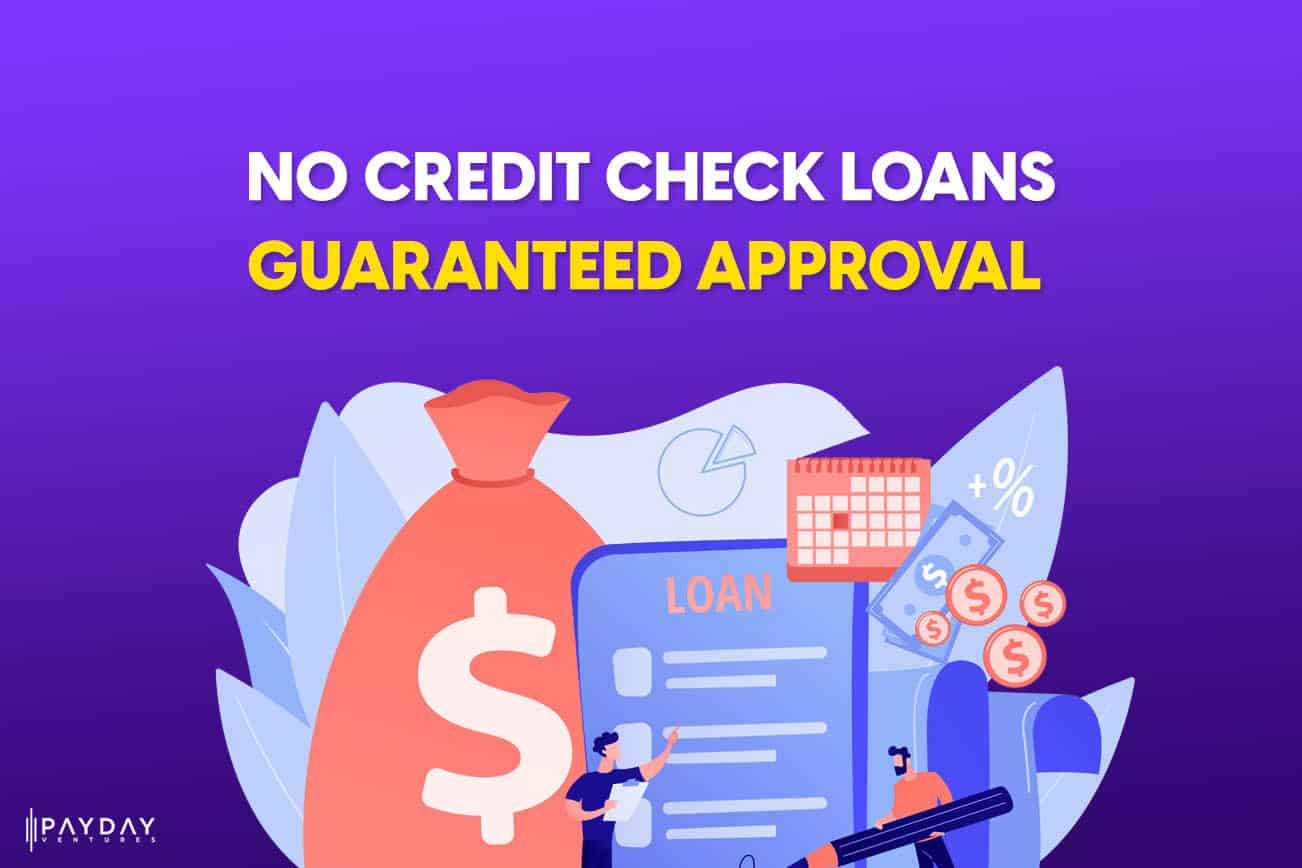

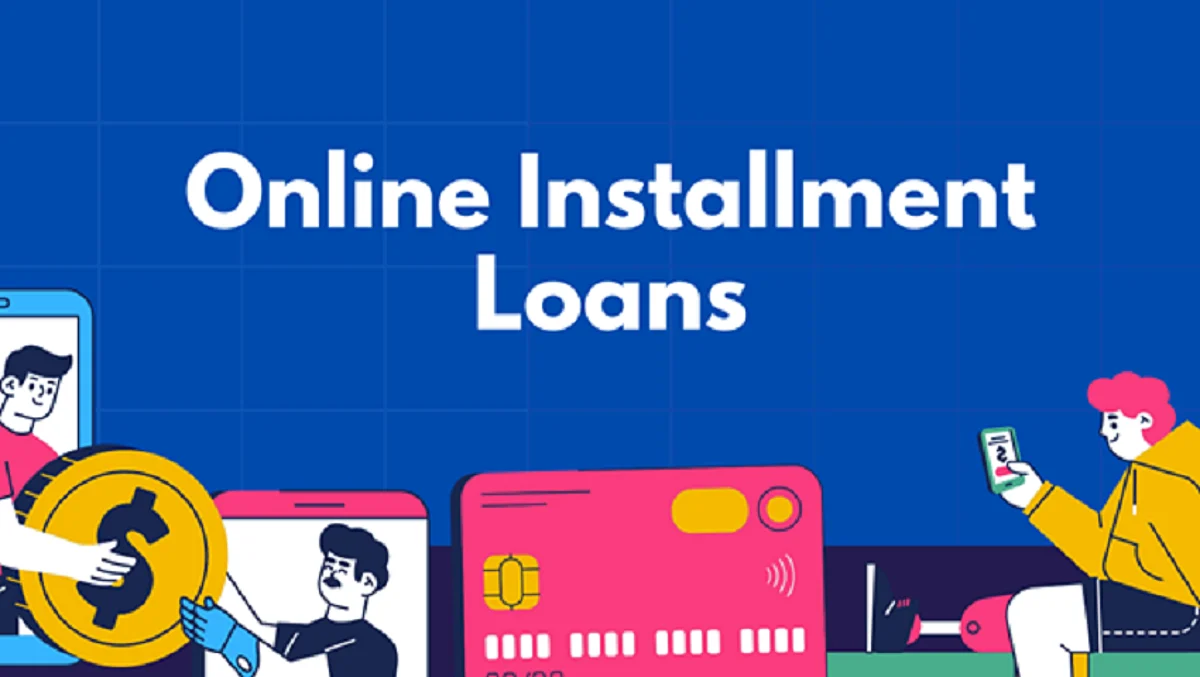






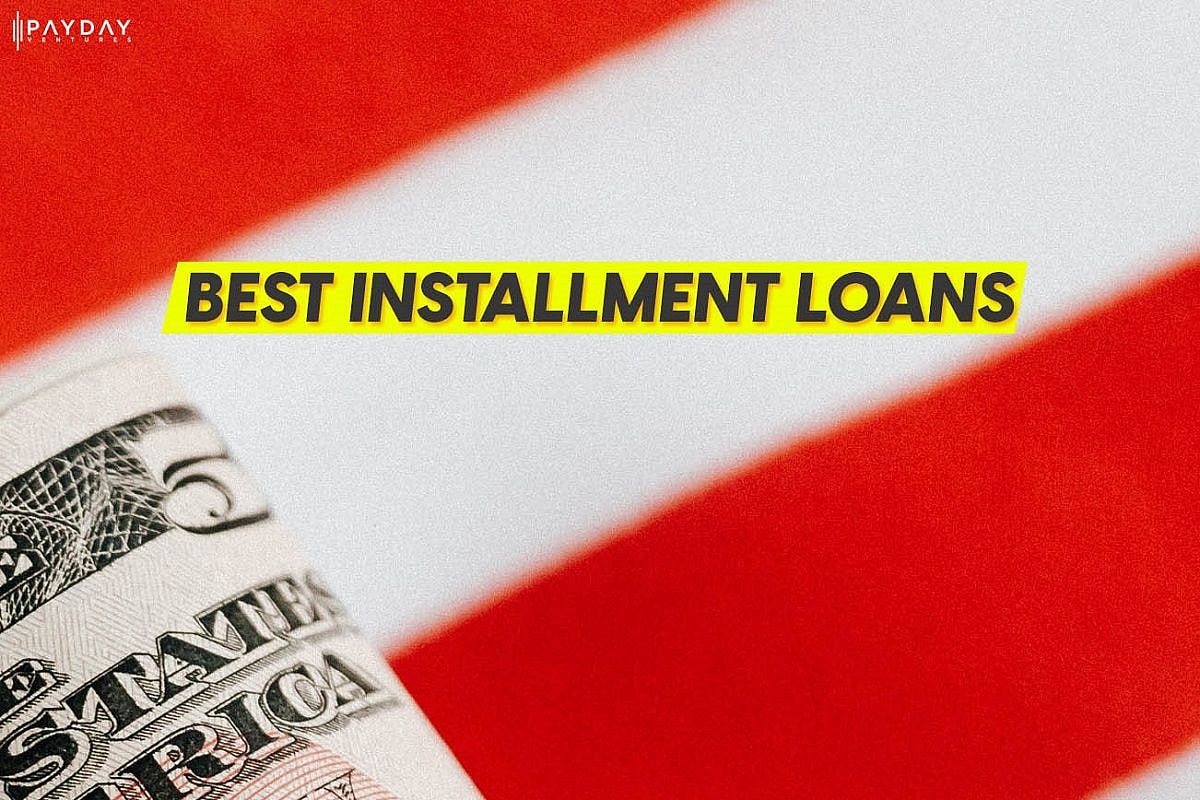



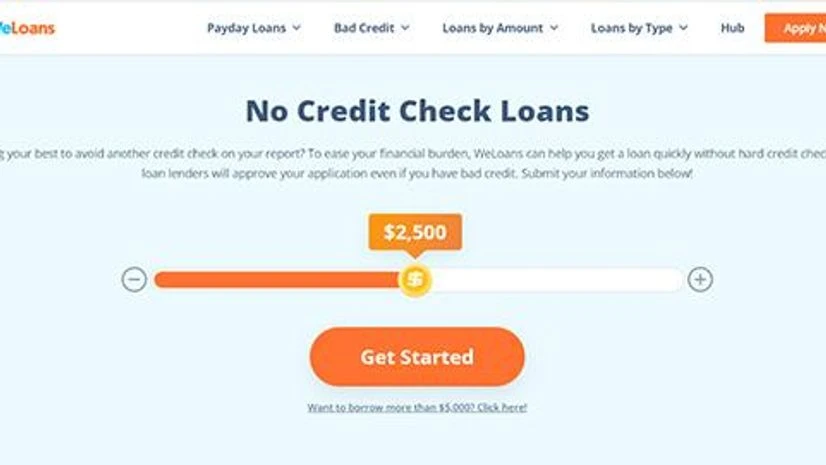)


